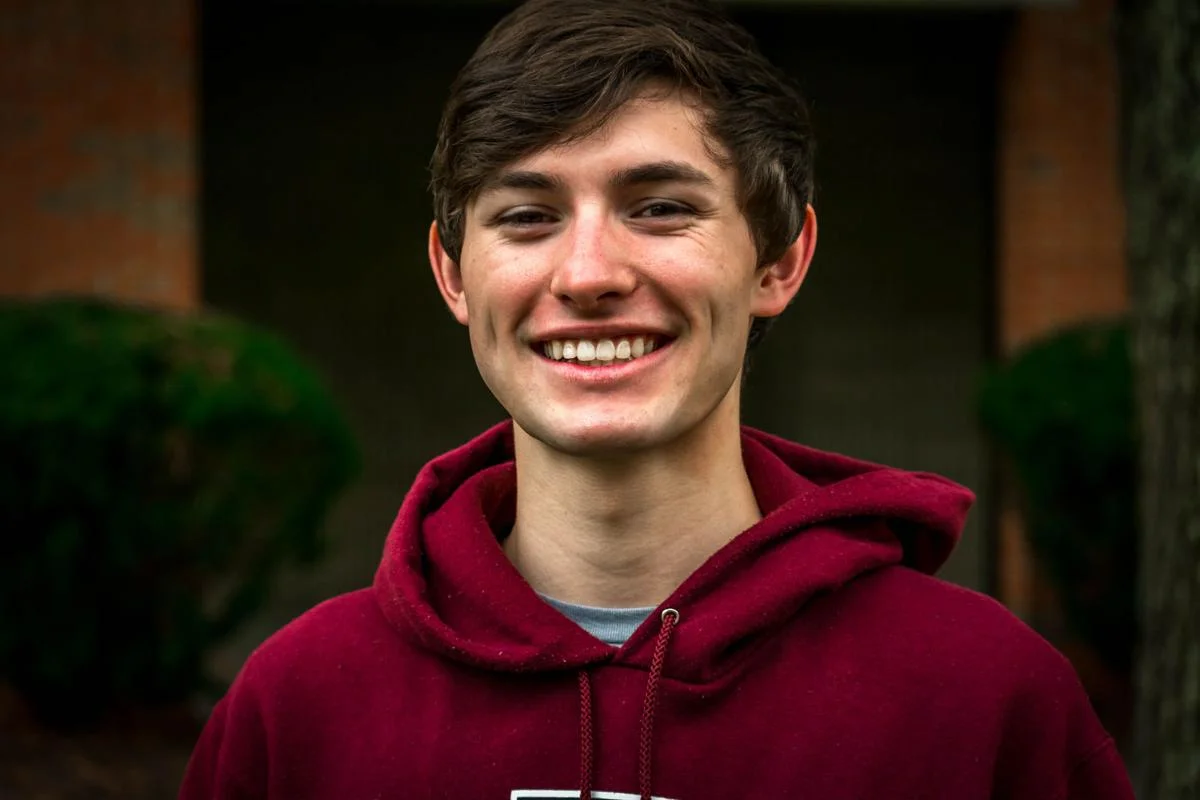This is how the Science Dept. approaches the theory of evolution at Lee University
Courtesy of Drew Hays
For many decades, even before the famous Scopes trial, Christians in the modern world have had to wrestle with how to present evolution—the scientific world's more commonly accepted theory—to their kids and students. For the faculty in the SMC, it's no different, since the professors and scientists maintain several different perspectives on the topic of the universe's origin.
Professor of biology Dr. Robert West said that he, along with the other faculty, generally avoid revealing to students their personal views so as not to sway malleable minds. But he maintains that despite their status as academics in the scientific world, many of them would call themselves literal seven-day creationists.
“From a faith and even a science perspective, I can believe that,” West said. “It’s easy for me to believe that God can do it in seven days, just by speaking it into being.”
In terms of what is taught here at Lee University, there is no specific administrative interpretation of evolution and origin.
“Our department approaches it from the standpoint that we have to teach multiple views,” West said. “We certainly have to teach the straight evolutionary view without the supernatural—because that’s what much of the scientific world out there supports and believes the evidence indicates. It can have an impact on one going into it, especially certain fields.”
According to the official website of the Church of God, a doctrine adopted in 1980 officially supports the presentation of creationism along with evolution.
“WHEREAS secular humanism and anti-God philosophies are being taught in our public educational systems; and WHEREAS there is a need for God’s people to unite against the teaching of evolution as a scientific fact; THEREFORE BE IT RESOLVED that we give our full support to the principle that where evolution is taught in our public schools, provision be made for teaching the Biblical alternative of creation (58th A., 1980, p. 51).”
And Lee tries to keep a faith-based perspective in the discussion of evolution. Assistant professor of biology Dr. Jonathan Cornett said the department keeps Christ as the base of their discussions of origin.
“At the end of the day, for us as a Christian school, Christ has to stay at the center of it. Within that we try to make room for our students to ask critical questions,” Cornett said. “I think it’s an interesting way that we approach it at Lee. We ask how does it relate, how does it interact and how do we integrate it to our faith.”
Dr. Cornett maintains that as long as students engage in growth, the science department will aim to help implement thorough discussions of evolution.
“We try to model good critical conversation without attacking,” Cornett said. “In my experience students approach the question of evolution from a whole range of different perspectives.”
Chair of the Department of Natural Sciences and Mathematics Dr. Paul DeLaLuz said that automatic acceptance of any scientific theory is not the best method for students.
“Learning about evolution in a secular institution will teach students the concepts they need to understand, but it normally comes without the questioning of the ideas’ validity and can be presented with hostile views and comments about those that have faith in Christ, which is not the best way to engage this idea,” DeLaLuz said.
But DeLaLuz admits he has experienced backlash from parents regarding the way Lee University approaches the teaching of evolution—to the point of losing prospective students. Even so, Lee persists in their approach to teaching multiple views.
“I would argue that learning it from a layperson that uses the internet or very dogmatic sources can be just as biased and distort the idea of evolution, which can be dangerous,” DeLaLuz said. “It's hard to present opposing views adequately when someone doesn't have the scientific understanding to critically evaluate the source material of either extreme.”
West says it's difficult to view creationism and evolution as mutually exclusive separate processes, as there are obvious signs of evolution currently taking place in science.
“When you talk about bacteria becoming resistant to antibiotics and they’re not working, that’s an evolutionary process,” West said. “What we do insist is that there is a balanced treatment. If you’re going to look at an evolution theory as the books say, look at its strengths and weaknesses and look at the other interpretations.”




